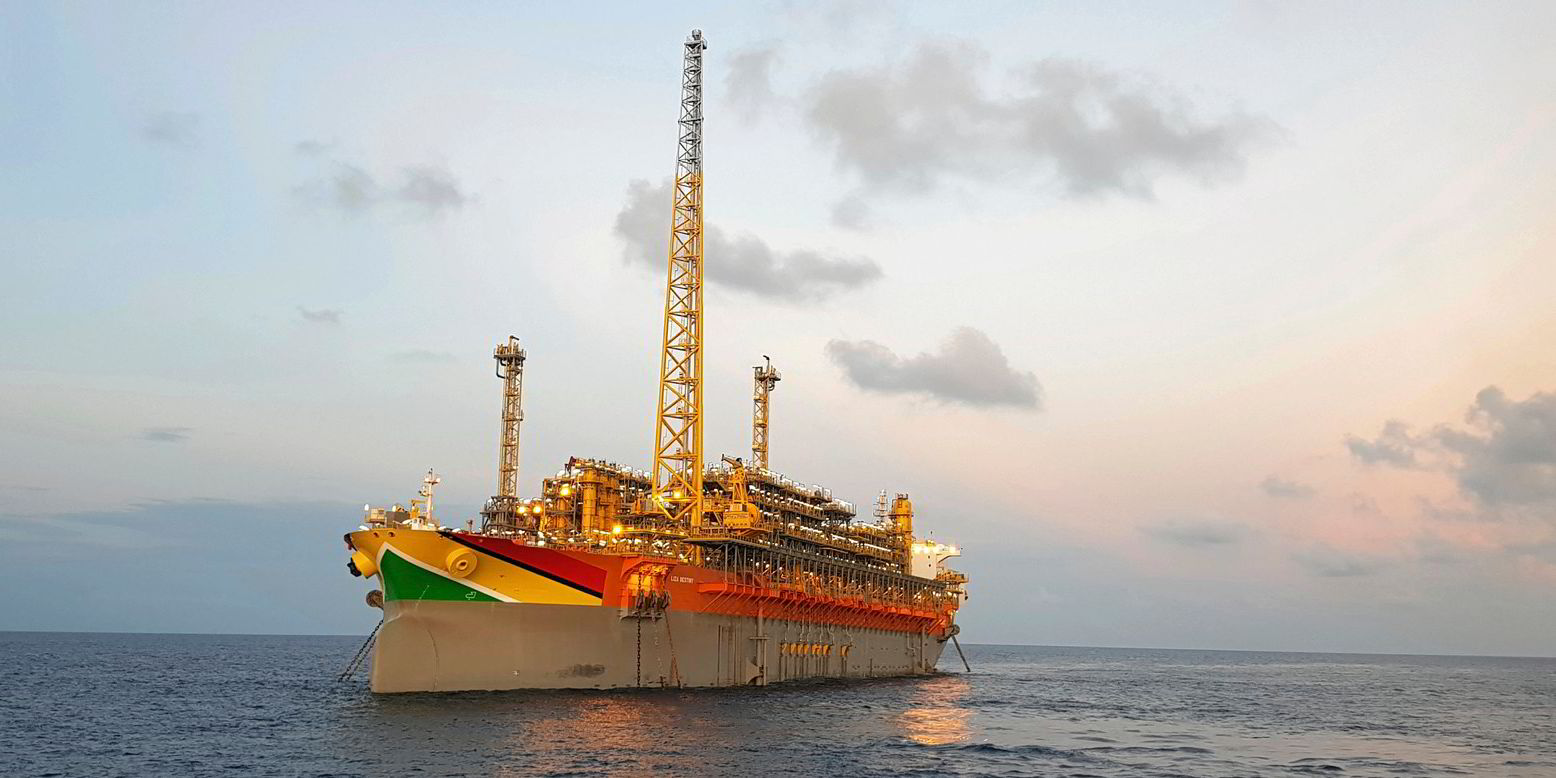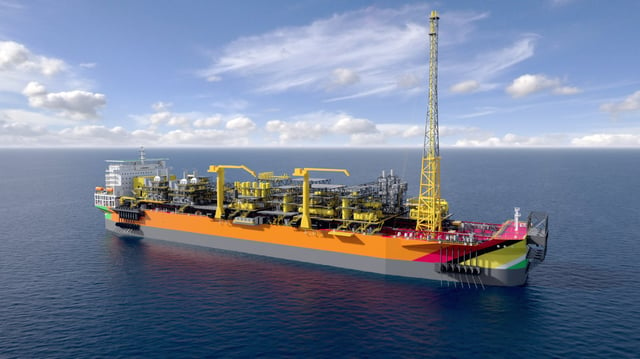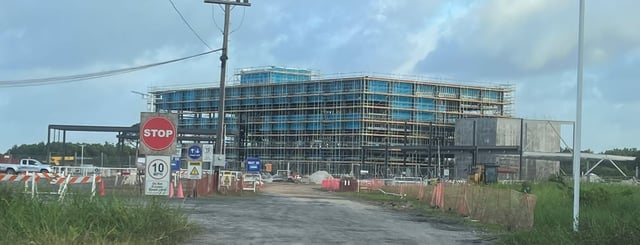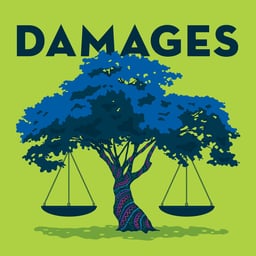
Guyana’s High Court handed down a historic ruling in May against both the country’s Environmental Protection Agency and Exxon Mobil’s subsidiary in the region. If it sounds strange that the EPA and Exxon were co-defendants in a case, yes, that’s precisely the point.
The case was brought on behalf of two Guyanese citizens, Frederick Collins and Godfrey Whyte. They accused the EPA of failing to enforce the requirements of its own permits by never securing a guarantee from Exxon or its subsidiary, Esso Exploration and Production Guyana Limited, that the company would cover all costs related to a possible oil spill.
“Guyana taxpayers are currently exposed,” Tom Sanzillo, director of financial analysis for the Institute for Energy Economics and Financial Analysis, said. “The potential consequences for Guyana are catastrophic.”
That’s because Exxon’s drilling project in Guyana is the riskiest kind: deep-water offshore drilling, which involves intense pressure bearing down on complex equipment. The conditions are similar to those that preceded the Deepwater Horizon explosion in 2010, which spewed oil and gas throughout the Gulf of Mexico, costing BP $69 billion.
Exxon’s own environmental impact assessments indicate that such a disaster in Guyana could send oil to the beaches of 14 different Caribbean islands, most of which depend on fishing and tourism — and all of which could hold Guyana liable for damages. The costs would be astronomical, which is why the permits for offshore drilling in Guyana require not only an independent liability insurance policy from Esso, but also an unlimited financial guarantee from its parent company to cover costs that exceed those covered by insurance.
Esso joined the case with the EPA, arguing that the plaintiffs were misinterpreting the law, that a deal had been worked out between the company and the agency, and that Guyanese citizens didn’t have standing to bring these sorts of cases anyway. Justice Sandil Kissoon ruled in favor of Collins and Whyte across the board, concluding that the insurance and guarantee requirements were clearly stated in Esso’s permit, the EPA failed to secure those assurances, and Guyanese citizens had every reason to question that failure.
“The EPA has relegated itself to a state of laxity of enforcement … putting this nation and its people in grave potential danger of calamitous disaster,” Kissoon wrote in a blistering 56-page ruling that called Esso “disingenuous and deceptive” and the EPA “derelict, pliant, and submissive.” Taking aim at the government and Exxon Mobil at the same time is a bold move that has some in the country worried for Kissoon’s safety, but advocates point to the ruling as confirmation that Guyana’s courts, at least, have not been captured by the oil business.
This story was co-published with The Intercept. Click here to continue reading on their site.





